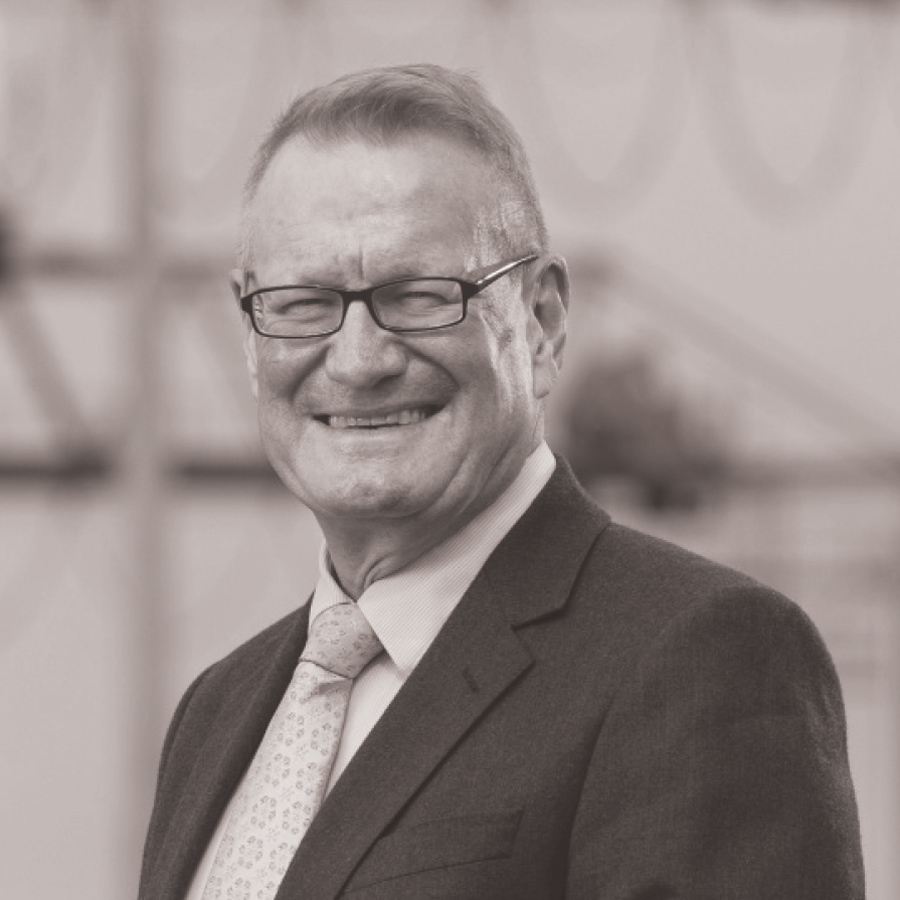Leadership Insight: Eoin McGettigan

Company: Port of Cork Company Ltd.
I’m a chartered accountant by profession, have an MBA and am a Fellow of the Chartered Institute of Management Accounts.
Prior to joining the Port of Cork Company in 2020, I held senior board positions in Musgrave PLC as Chief Executive of Supervalu and Centra. I also fulfilled the role of Group Finance and Operations Director of Dunnes Stores and CEO of Lifestyle Sports.
Alongside my professional career, I have taught on masters, degree and diploma courses at University College Cork, the Open University and the Institute of Project Management specialising in business acquisitions, major strategic change and quality management systems.
It is also my first time working in the semi state sector and there are a number of big infrastructure projects ongoing at the moment that are really exciting both for us and for the Cork community. The calibre of people that I work with never ceases to amaze me, and I have also noticed the incredible role that Government Departments play in liaising with state bodies across a range of sectors – not just maritime and transport.
Looking at the bigger picture, forward planning is also very important to give clear direction for the future growth of organisations. This is something that I have garnered experience in over the last few years and in many ways, it has prepared me for my role at the Port of Cork. Our Port Masterplan 2050, that we are developing with our local stakeholders and community at the moment, is a symbol of this as it will act as a blueprint for the growth and development of the Port of Cork over the next few years.
The first I would say is to lead by example by getting involved. I’d also say that it is important to be trustworthy and to be able to be decisive with incomplete information. These three qualities are ones that I would tend to focus on. Understanding the bigger picture in terms of what is trying to be achieved and why, should always be a priority for leaders.
On the other hand, there can be challenging times when the business might not be doing so well, and you are responsible for making sure that the organisation continues to run smoothly. I have been lucky in that teamwork has always been a big part of any organisation I have worked in – and it really makes a huge difference when it comes to things like problem solving. Generally, there is always a solution and it’s about reaching that in the most fair and effective way possible.
Ships are getting bigger and river ports around the world are too shallow to accommodate them. This global trend is what drives the PoCC to leave the city and move closer to the sea. The docks we leave behind will become the future heart of the compact city we all desire.
The CCT opening is only the start of developments for the Port of Cork as we are progressing through one of the most significant periods of investment in our company’s history.
Following on from the CCT launch we hosted public consultation days in Cork city and county, showcasing our vision for the future and emerging concepts of our Port Master Plan 2050. It’s vital for us that we bring all stakeholders on this shared journey. This includes consolidating our activities to the lower harbour area – away from Cork City, due to ever-increasing ship vessel sizes as mentioned earlier, creating a ‘river to sea port’. This eventual move will transform the port and the city, freeing up vital development land in the city centre, facilitating the future development of the City Quays and Tivoli Docks for both residential and commercial use.
A major condition of these pivotal changes is the development of the M28 which will connect Ringaskiddy directly to the main motorway network. Until this is developed, we cannot proceed with these ambitious plans and CCT will remain at 50% capacity until then as well.
As part of the Port Master Plan 2050, a number of concept proposals are presently being developed in response to the projected market growth in the current commodities served by the Port whilst also considering developing opportunities in future cargoes such as offshore wind and green energy fuels.
As part of our commercial energy strategy, the Port of Cork Company is actively engaging with organisations within the renewable energy sector, to discuss the potential for future development opportunities. We are keen to engage with organisations within the energy sector that share the same ethos around sustainability, to facilitate a sustainable future for the region and for Ireland as we work together towards net zero emissions by 2050.
What advice would you give to managers and aspiring leaders today?
When Thomas Edison was trying to raise money to continue his research into developing the light bulb, a potential investor chided him, “Why should I continue to invest when you’ve already had 14 prototype failures?” the investor quizzed.
“That’s where you’re wrong”, responded Edison, “more accurately, I’ve uncovered 14 ways not to make an electric light bulb”. The rest is history!